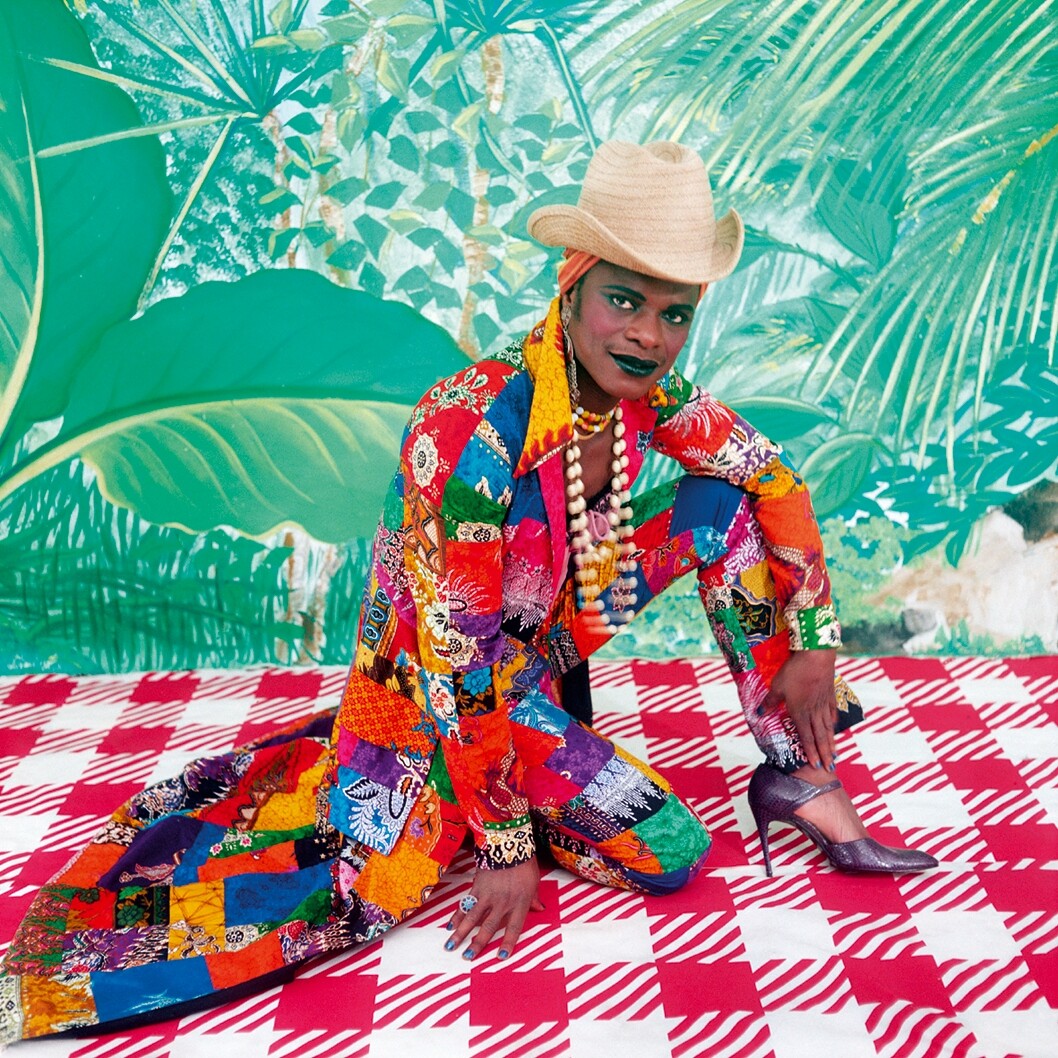March 25–September 4, 2016
Prinzregentenstrasse 1
80538 Munich
Germany
Hours: Wednesday–Monday 10am–8pm,
Thursday 10am–10pm
T +49 89 21127113
mail@hausderkunst.de
Haus der Kunst is pleased to present A History: Contemporary Art from the Centre Pompidou, an exhibition originally curated by Christine Macel at the Centre Pompidou, Paris.
Macel’s selection of work raises two significant questions concerning artistic practice from the 1980s onwards: What factors are relevant for ensuring that art history is written in a specific way; and what does an ever-changing understanding of the term “contemporary” mean for public museums and their collections? The almost exclusive concentration on Euro American works, which formerly defined the acquisition policies of many museums, can hardly be sustained today. Furthermore, the expanded narratives brought about by globalization have become too determining for contemporary art to ignore. Macel thus defines her project as presenting merely “one” of a multitude of possible histories of contemporary art.
With the progression of globalization our perception of identity has changed. Since the first globally-oriented biennial in Havana in 1986, exhibition organizers and larger museums in Europe and North America have strived to display art created beyond the Western artistic circuit. The static understanding of identity as something based in origins and a place of residence has largely given way to a transnational and variable one.
Our understanding of the term “origins” has continued to evolve. In today’s artistic practice, space is defined by impermanence, by the mutability of politically and socially grounded positions, by aesthetic pluralism, and by cultural differences. Furthermore, colonial and postcolonial experiences shaped by traumatic historical events, home, exile, and diaspora have produced hybrid identities such as African American, Euro American, Latino, Turkish German, French Arabic, African Brazilian, etc. Consequently, new forms of cosmopolitanism and provincialism jostle next to one another. It is no coincidence that contemporary exhibition practice already produced a number of shows that focused on borders and issues of migration.
The Centre Pompidou’s collection of contemporary art has rarely been presented so comprehensively outside of France. Comprising approximately 160 works by more than 100 artists from across the world, the exhibition provides an incisive overview of various artistic positions that have arisen in painting, sculpture, installation, video, photography, and performance.
The exhibition is accompanied by an extensive film program; beginning on March 26, 2016, films will be shown starting at 10:30am every Saturday in the auditorium of Haus der Kunst. More information about the program can be found on the museum’s website.
The exhibition at Haus der Kunst is curated by Christine Macel (Centre Pompidou, Paris) with Julienne Lorz (Haus der Kunst, Munich).
The exhibition is organized by the Centre Pompidou, Paris and Haus der Kunst, Munich.
The catalog Une histoire. Art, architecture, design des années 1980 à nos jours, (edited Christine Macel/Flammarion 2014, ISBN 9782844266910) will be supplemented by an insert in German, published by Hirmer.
Subscribe for Haus der Kunst newsletter here.
Currently on view:
James Casebere. Fugitive
Till June 12, 2016
DER ÖFFENTLICHKEIT – VON DEN FREUNDEN HAUS DER KUNST.
Laure Prouvost – We would be floating away from the dirty past
Till September 18, 2016
Interventions into Architecture: Christian Boltanski and Gustav Metzger
Archive Gallery 2015/16
Coming soon:
Postwar – Art between the Pacific and the Atlantic, 1945–1965
October 14, 2016–March 26, 2017
A landmark exhibition project that focuses on the production of art across all continents, under the conditions engendered by the Second World War. Representing an in-depth, global study of painting, sculpture, installation, performance, cinema, and music, Postwar: Art Between the Pacific and the Atlantic, 1945-1965 will be organized around eight thematic sections that enfold different regional, national and transnational relations and connections.



